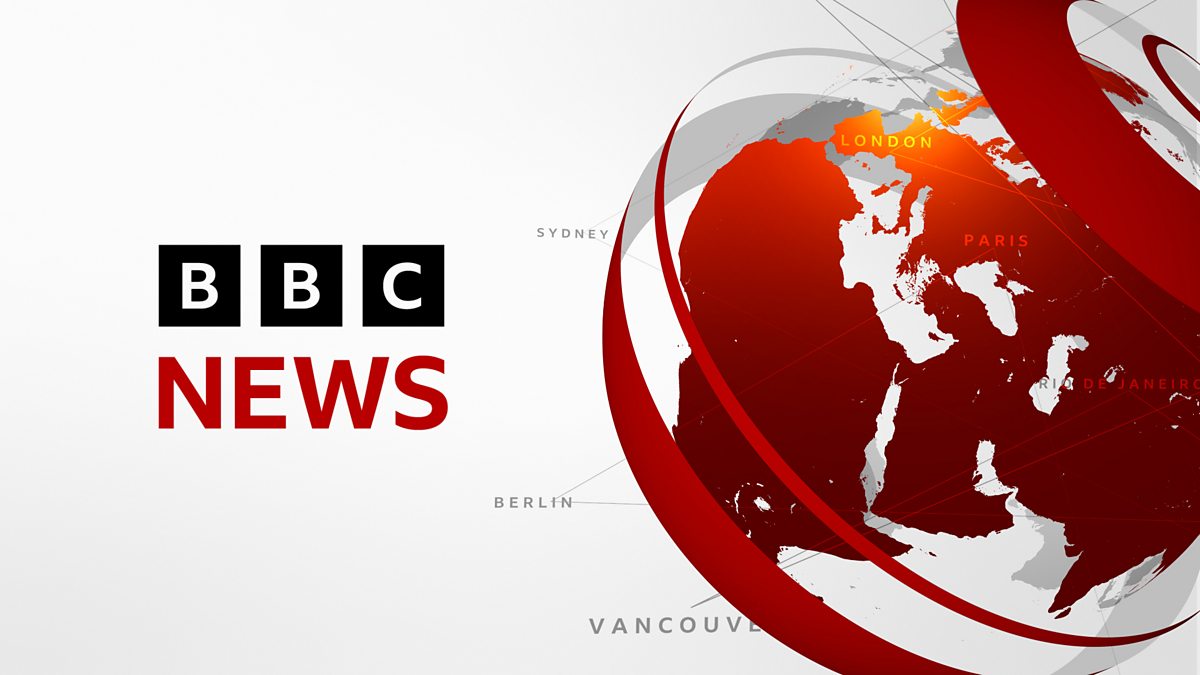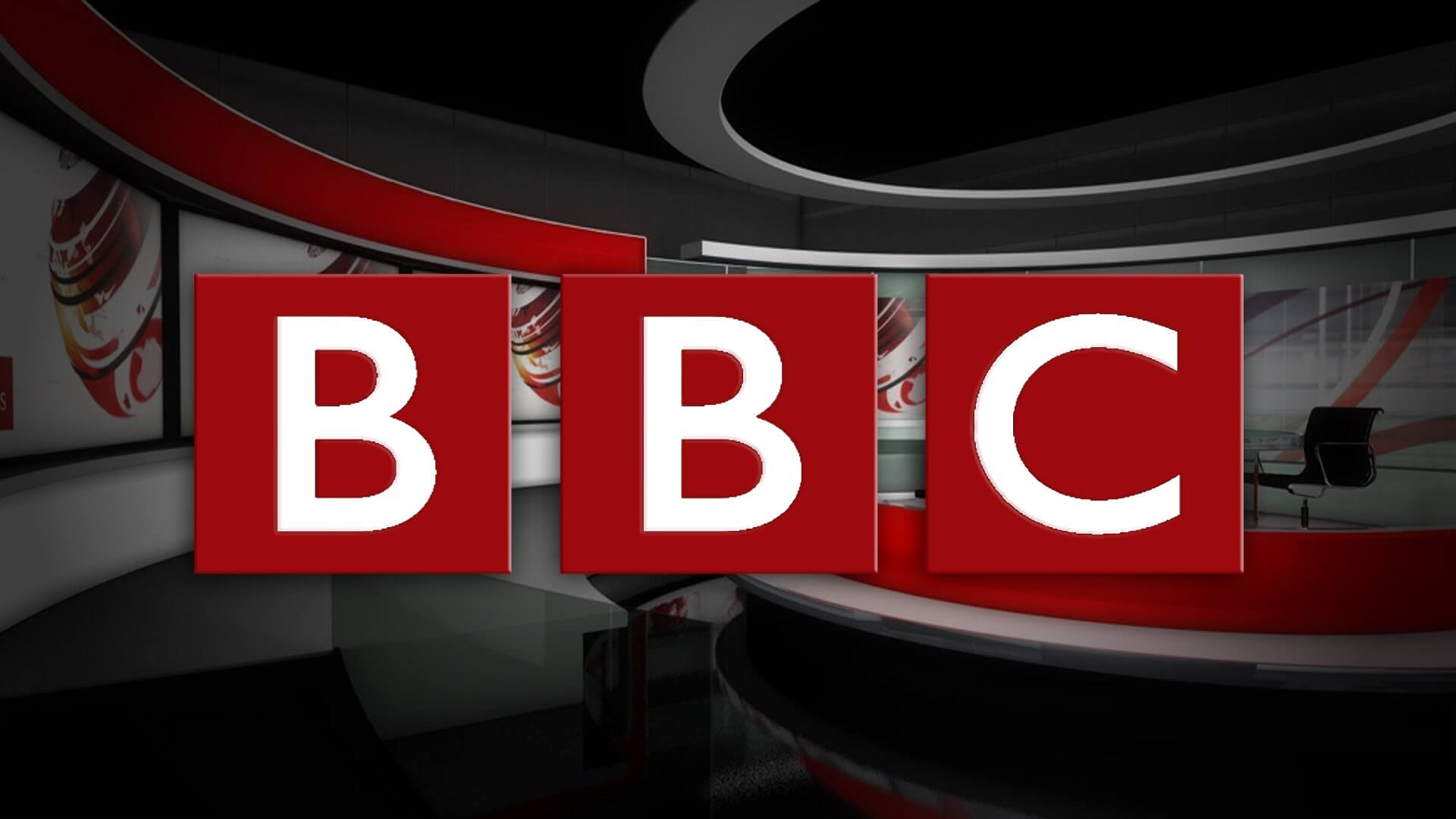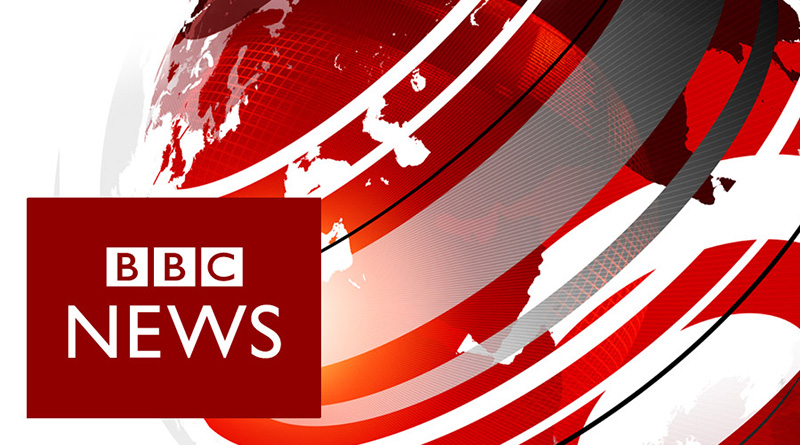BBC Natural History Magic Leap - A Closer Look
Have you ever felt a sudden spark of insight, a moment where something just clicked, allowing you to see the world in a completely fresh way? It's a rather wonderful feeling, isn't it? For many, that kind of experience, that particular shift in how they understand things, often comes from exploring content that truly opens their eyes. We are, you know, often looking for those moments of pure discovery, especially when it comes to the vastness of our natural world.
There's something quite compelling about stories that bring distant places and creatures right into your living space. It's almost like a little portal opens up, letting you peek into habitats you might never visit or witness behaviors you'd otherwise only dream of. This sort of connection, really, helps us feel more tied to the planet and all its amazing inhabitants, giving us a deeper sense of where we fit in the grand scheme of things.
This feeling of gaining a new perspective, a kind of significant jump in how we grasp complex ideas or the beauty of our environment, is what we might think of as a "magic leap." When we talk about the BBC and its natural history programs, it's pretty clear that they have a special way of making these kinds of moments happen for a lot of people. It’s about more than just watching; it’s about a genuine shift in how you perceive the living world around you, in a way.
- John Velasquez
- 63 Wide Receivers In The Nfl
- Jenna Coleman Smoking
- Nyman Associates Inc
- Sensitech Inc Beverly Ma
Table of Contents
- What Makes BBC Natural History So Special?
- How Does BBC Funding Shape Its Content?
- Is BBC News a Good Source for Global Stories?
- Can Learning from BBC Boost Your Worldview?
- The British Broadcasting Corporation - A Bit of History
- Beyond the News - Other Ways BBC Shows Up Online
- Seeing the World Differently - The BBC Natural History Magic Leap
- Making Sense of Information Overload with BBC
What Makes BBC Natural History So Special?
When people speak about the BBC, especially its programs about animals and plants, there's often a particular feeling that comes with it. It's not just about seeing pretty pictures; it's about the deep level of dedication that goes into showing us parts of the world we might otherwise never get to see. This kind of work, you know, takes a lot of time and patience to capture those truly unique moments in nature. They seem to have a knack for bringing the wonders of the natural world to life in a way that truly sticks with you, sparking a real interest in our planet's amazing creatures and places. So, what makes these particular shows stand out so much, creating a kind of "bbc natural history magic leap" for viewers?
Part of it might come from the way they gather their stories. It's not just about showing what's there; it's about making you feel like you are right there alongside the animals, experiencing their lives. This approach, honestly, can change how you think about the animal kingdom, offering a fresh perspective on behaviors and environments that might have seemed abstract before. They really do try to get you to feel a part of the scene, which is pretty cool.
Consider, for a moment, how much effort goes into getting just the right shot of a rare bird or a shy creature. This kind of commitment to showing the world as it truly is, without too much interference, helps build a sense of trust with the audience. That trust, in a way, is a big part of why people feel so connected to what they see, making the whole experience feel more real and impactful. It’s pretty clear that they put a lot into it.
- Luenell Only Fans
- Camilla Araujo Onlyfans Videos
- Oj Simpson Social Media
- Fatman Scoop Energy Drink
- Janhvi Kapoor Deepfake
How Does BBC Funding Shape Its Content?
The way the BBC gets its money is actually pretty interesting and, in some respects, quite different from many other media organizations. It was set up back in 1927, and its funds come from two main places: some money from the British government, and then a yearly fee that most British households pay. This setup, you know, means it doesn't have to rely on advertisers in the same way commercial channels do, which can make a big difference in what they choose to show.
Because it's not trying to sell you things every few minutes, the BBC has a bit more freedom to create programs that might not always be the most popular, but are really important or educational. This independence, apparently, helps them produce things like those incredibly detailed natural history series, where the goal is to inform and inspire, rather than just to get high ratings for commercials. It’s a very different kind of model, to be honest.
There's also a group of twelve people who look after the BBC, making sure it's doing what it's supposed to do. The Prime Minister suggests who these people should be, and then the Queen makes the final choice. This group, as a matter of fact, works independently from most government departments, which is pretty unusual. This structure helps ensure that the BBC can tell stories, including those about the natural world, without too much outside pressure, contributing to that feeling of a genuine "bbc natural history magic leap" in how people see the world.
Is BBC News a Good Source for Global Stories?
When you're trying to keep up with what's happening around the globe, picking your news sources can feel a little tricky. The BBC News service, for instance, offers reports and deep looks into politics, money matters, and cultural happenings from all over. It's one of those places people often turn to for a broader picture of world events, and you know, it has a reputation for being quite thorough.
Some folks, when they're trying to get a balanced view, might look at news from different places. They might check out BBC News, or maybe CNN for international and US stories, or The New York Times for its detailed reports. Then there are sites like Xinhua, which provides news from China. It's about getting a variety of viewpoints, and the BBC often serves as a key part of that mix for many readers.
It’s worth remembering that different news sources have their own ways of presenting information. For example, some news sites, like the Chinese versions of The New York Times or the BBC, are made specifically for people in China and might have a certain angle. But if you're someone who thinks critically and can tell the difference between information and something that feels like a push to believe a certain thing, then looking at a variety of sources, including these, can actually be pretty good for your mind, helping you make a kind of personal "bbc natural history magic leap" in your general knowledge.
Can Learning from BBC Boost Your Worldview?
Thinking about how you learn about the world, and even how you pick up a new language, can be pretty interesting. Some people, for example, might go to the BBC's website, find a news story, and then really look at every single action word in it. They'd ask themselves why that particular tense was used, why another one wasn't, and what other tenses might have worked. This kind of detailed study, you know, can be slow at first; someone might only get through a few words in a couple of hours.
But this careful way of looking at language, using real-world examples from a source like the BBC, can really help you get a better handle on how words work. It's not just about grammar rules; it's about seeing how language is used in actual situations, which can make a big difference in how well you understand and use a new tongue. This practice, in a way, helps build a stronger connection to different cultures and ways of thinking, which is a kind of "bbc natural history magic leap" in personal growth.
When you spend time understanding how information is put together, whether it's through language or the way stories are told, you start to see things in a richer, more detailed light. This deeper engagement, arguably, helps broaden your perspective, making you more open to different ideas and ways of life. It’s a pretty powerful tool for expanding your own personal world.
The British Broadcasting Corporation - A Bit of History
The name "BBC" itself, when you see it online, can mean a few different things, depending on where you see it. Most often, though, it means the British Broadcasting Corporation. This is the official public broadcaster for the United Kingdom, and it's pretty well known all over the globe for its news, documentaries, and, of course, its natural history programs. It's like a really big part of the media landscape, you know, for a lot of people.
This organization, which began its work in 1927, has a rather unique way of operating. Unlike many companies that are trying to make money for shareholders, the BBC is set up to serve the public. Its money comes from the government and from a yearly fee that people in British households pay. This particular funding model is what helps it stay pretty independent from outside influences, which is a big deal when it comes to reporting the news or showing the wonders of the natural world.
There's a special committee, made up of twelve individuals, who are in charge of making sure the BBC does its job properly. These individuals are put forward by the Prime Minister and then officially chosen by the Queen. This group, in fact, works separately from any government department, except for military matters. This setup is pretty important for keeping the BBC free to tell stories as it sees them, which can lead to a kind of "bbc natural history magic leap" for viewers who trust its content.
Beyond the News - Other Ways BBC Shows Up Online
While many people think of the BBC mostly for its news, there are other ways its influence appears online, especially when you consider how information is shared and displayed. For instance, the BBC worked together with NHK, which is Japan's public broadcaster, to create a standard for high-quality video displays called HLG. This standard, basically, helps make pictures look much more lifelike, even on regular screens, though it works best with screens that can show a wider range of colors.
This HLG standard, you see, is all about making the visual experience better. It defines how the light and color information in a video signal should be handled so that the picture looks as good as possible, whether you're watching a regular show or something with super-rich colors. It's a technical detail, yes, but it shows how the BBC is involved in setting standards for how we experience media, even beyond just the content itself. This kind of background work, you know, helps create the conditions for a visual "bbc natural history magic leap."
So, when you're watching a beautifully shot natural history program, there's a good chance that some of the technology making those images so clear and bright has roots in collaborations like the one the BBC had for HLG. It's a reminder that their reach goes beyond just what you see on screen, into the very ways images are brought to life. They really do play a part in many aspects of how we consume media.
Seeing the World Differently - The BBC Natural History Magic Leap
The idea of a "magic leap" isn't about some kind of wizardry or a quick fix. Instead, it's more about a profound shift in how you see or understand something, a moment where everything just clicks into place. When it comes to the BBC's natural history content, this kind of leap often happens when you're watching something that is so well-made, so clearly presented, that it fundamentally changes your perspective on a particular animal, an ecosystem, or even the planet itself. It's like a sudden new way of seeing, you know, the world around you.
These programs have a way of taking what might seem like complicated scientific ideas and making them incredibly easy to grasp and appreciate. They do this by showing, not just telling, and by bringing you right into the lives of the creatures they feature. This direct, engaging approach can make a huge difference in how deeply you connect with the subject matter, leading to a truly personal "bbc natural history magic leap" in your own appreciation for life on Earth. It's a very powerful form of education, to be honest.
Consider the sheer detail and patient observation that goes into capturing the true essence of a wild animal's existence. This level of dedication helps viewers feel a deep sense of connection and wonder, sparking a curiosity that might not have been there before. That spark, in a way, is the beginning of a new journey of discovery, where you start to look at the natural world with fresh eyes and a much greater sense of awe. It really does open up your mind.
Making Sense of Information Overload with BBC
In our modern world, getting too much information can sometimes feel a bit overwhelming, can't it? There are so many news sources, so many things to read, that it's easy to feel like you're drowning in it all. Some people find that trying out different ways to keep up with what's happening, like using something called RSS feeds, can really help manage this flow of information. It's a way to get updates from your favorite websites delivered to you, rather than having to go looking for them all the time.
When you think about places like Zhihu, which is a big question-and-answer site in China, it's all about people sharing what they know and their experiences. It's a place where you can find answers to your questions, and it tries to be a friendly and professional community. This kind of platform, you know, helps people sort through a lot of ideas and find what's useful to them, much like a good, reliable news source helps you make sense of the world.
So, if you're feeling a bit swamped by all the stuff out there, finding sources that you trust, like the BBC, can be a big help. Their focus on clear, well-researched content, whether it's about current events or the natural world, can provide a steady point of reference. This kind of reliable information helps you make a "bbc natural history magic leap" from feeling lost in a sea of data to having a clearer, more organized view of things. It’s pretty much about finding your footing.
The article looked at the special qualities of BBC natural history programs, how the BBC's unique funding structure helps shape its content, and its role as a global news source. It also considered how engaging with BBC content can expand one's worldview and how the BBC contributes to broader media standards. Finally, it touched on managing information overload with trusted sources like the BBC.

BBC News - BBC News Live

How to watch BBC News live online outside UK

BBC News Channel at 20 – Journalism, Media and Culture